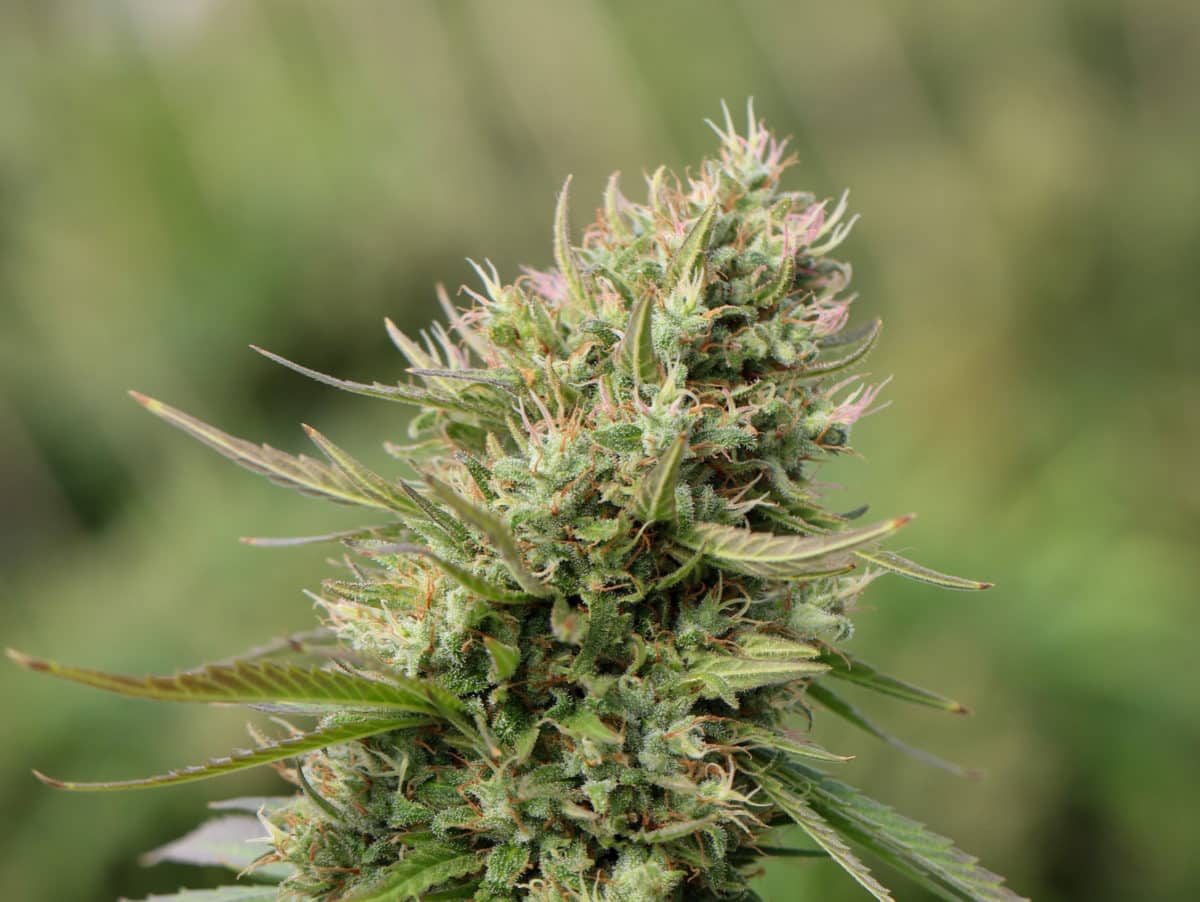Oregon State of Emergency Over Illegal Cannabis Grow

Sometimes the best way to hide is in plain sight, however, hemp farmers in Oregon who are also illegally growing cannabis may have to find another avenue of concealment. According to The Oregon Health Authority and the Oregon Liquor and Cannabis Commission, as well as other sources within the state, over half of hemp fields (54%) in Jackson County alone, located in southern Oregon, actually are or contain unlicensed cannabis crops. Klamath and Josephine counties are also known hot spots. Per state agencies, roughly 25% of the hemp operations even refused entry to inspectors. The resulting declarations could have impacts on legal cannabis grows in Oregon.
State of Emergency Declaration Impacts Legal Cannabis Grows in Oregon
Seen as a major threat to legal cannabis in Oregon, Jackson County officials declared a state of emergency in October 2021, calling on the governor, state Senate President, and Oregon House of Representatives Speaker for help. “Jackson County strongly requests your assistance to address this emergency,” members of the county Board of Commissioners wrote in a letter to state leaders. The commissioners called for funding, manpower and state National Guard troops to help deal with the problem of illegal marijuana cultivation in the county. Members of the board said law enforcement, local code compliance officers, and state cannabis regulators have been overburdened by the illicit activity and warned of an “imminent threat to the public health and safety of our citizens from the illegal production of cannabis in our county.”
In response, Oregon’s legislature has approved funding to the tune of $25 million to combat criminal cannabis cultivation. The bill, signed by Governor Kate Brown, establishes the “Illegal Marijuana Market Enforcement Grant Program” which will be administered by the Oregon Criminal Justice Commission and paid out to law enforcement agencies and community organizations. Democratic state Sen. Jeff Golden said in a report “illegal cannabis operations in southern Oregon have been using our limited water supply, abusing local workers, threatening neighbors, and negatively impacting businesses run by legal marijuana growers.”
One example of maltreated water use came from an area farmer who testified that an illegal cannabis farm siphoned water, and consequently dried up, a creek he uses to irrigate his crops. Of the $25 million in funding, $5 million is allocated for water right enforcement. Additionally, as part of the program, local law enforcement agencies who receive funding must work alongside community-based groups to address labor trafficking.
The newly found attention is helping in the enforcement process already. In December, a former narcotics detective and current reserve officer, Peter Michael Shepherd, 63, was arrested after about 1,200 illegal cannabis plants were found growing on his southern Oregon property. The land’s tenant, Eric Smith, 41, was also arrested for cultivating cannabis without permits. According to documents, Shepherd said plants growing at the location were part of a licensed hemp operation managed by Smith, however, investigators say there was no permit, and the plants were not hemp.
Hemp and Cross-Pollination
Ultimately, cross-pollination between hemp and cannabis farms is a problem for all cultivators, as well as any other division within the industries. Revenue loss is the result when potency is lost in cannabis, plus when hemp crops do not test as required by federal and state regulations. One recent example occurred in Washington state, where one cannabis farmer has estimated loss of $40,000 this year due to recently signed state law which partially opened hemp production in response to the 2018 Farm Bill, by removing the previous 4-mile buffer between outdoor cannabis grows and hemp farms. According to Robert Morf, owner and operator of Cheshire Creek, his flower is full of seeds, reducing the usable volume and overall quality and value of the crop. He won’t be able to sell it on the wholesale or retail flower market, and will take a financial hit by selling it all for extraction purposes only.
Acknowledged as an issue, the U.S. Department of Agriculture has set aside money to address cross-pollination. In October, the USDA awarded $500,000 to a Virginia Tech research team to obtain better data on pollen drift via drones, with the goal of predicting how and where pollen grains travel. “Having a validated and reliable long-distance transport prediction model for wind-dispersed pollen is critical to establishing appropriate isolation distances,” plant sciences professor David Schmale said in a Virginia Tech statement upon the announcement of the grant.
The CannaCon team works diligently to ensure all information pertinent to the cannabis and CBD industries are covered, including stories about legal cannabis grows in Oregon. As the nation’s leading business-to-business cannabis conference, growth and educations are the main goals. Plan 2022 as the perfect year for safe trade show attendance, with these events featuring exhibitors from around the country as well as seminars delivered by industry experts.

Q; can a land owner, who leases property to cannabis grower, loose their property, or have property seized because the grow site is found to be illegal ?
[…] information about usage and location. The goal is to maintain water levels, as well as to curb illegal cultivation. The aim of having both parties be responsible for tracking is to “cross-check”, said […]